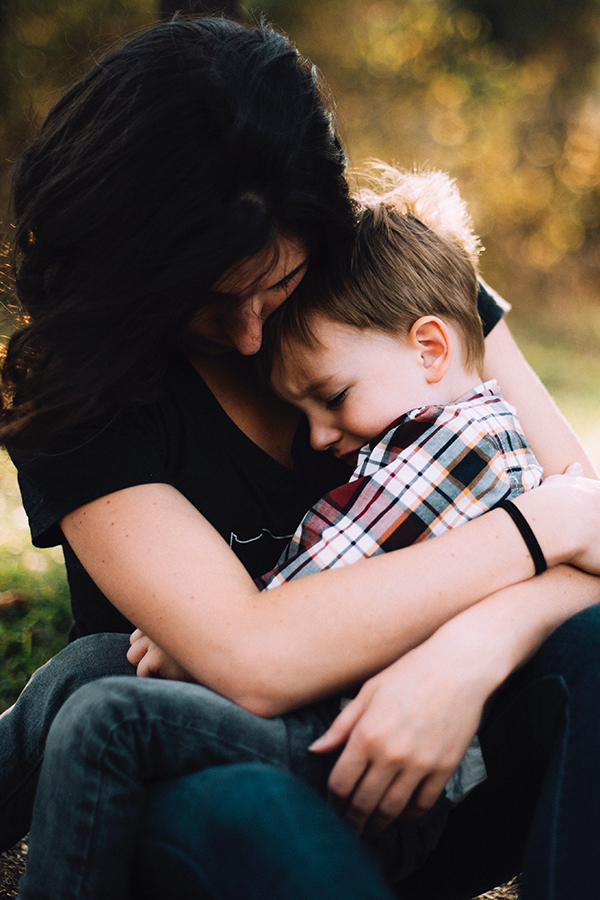By Carolyn Tomlin
Correspondent, The Alabama Baptist
Churches and Christian schools have experienced random acts of violence in the past several years, like what happened at First Baptist Church, Sutherland Springs, Texas, on Nov. 5.
In this small community of about 400 people, people knew their neighbors and many were related. Among those killed were several children and youth, friends and siblings of those who survived.
Here are some ways to help children and youth cope with tragedy:
• Allow the child to lead. Adults may want to talk about the violent situation they have experienced. Kids may not. What they saw or experienced may come out in play or drawings.
• Avoid details but be honest. Older children may be able to understand the situation. Younger children may not. Answer questions in an honest way. Otherwise, children will make up what happened and their version of the story may be worse than the actual event.
• Model appropriate emotions. If a child cries, allow them to express feelings in this way. Never criticize or embarrass a child. God gave us the ability to shed tears and this is one way of coping. Remember, children will react to situations in a similar manner as other adults with whom they have contact. If this happens, allow the emotional outburst, briefly, then redirect to a positive activity.
• Learn to listen. Listen with all your senses. If a child wants to talk, observe their facial features, body language, hand gestures and even fidgeting. These characteristics may tell you more than the words they speak.
• Re-establish a normal schedule and routine when possible. When a child’s world is in turmoil, they don’t know what will happen next. Returning to regular habits and practices aids healing.
• Provide comfort animals. Across our nation, many institutions are bringing in comfort animals when a violent situation takes place. Children who have experienced stress and suffering often respond to a gentle dog, a purring kitten or a soft bunny. Animals such as these offer unconditional love and acceptance.
• Limit media. Many media stations replay violent events over and over. Children do not need to witness these situations. Talk with parents about limiting TV news programs when these occur. Don’t impose a blackout but be ready to answer questions.
• Be truthful as to promises. Children depend on adults to keep them safe. Refrain from making promises that you may not be able to follow through. Instead, tell children, “I’ll do everything in my power to keep you safe and protect you.” Or, “This was a terrible thing that happened but we’re going to be OK.” Kids need to be reassured.
Tragedies like the one in Texas remind us of steps we can take to prepare for a crisis. Here are some safety strategies church leaders and parents can implement:
• Teach children to follow instructions. Children should learn to obey a teacher. Learning this important rule could be the difference in survival. A church should be a peaceful place where all people feel safe but this isn’t always true.
Practice weather-related safety drills. Practice moving quickly and quietly. Practice following instructions.
• Know your physical surroundings. In case of a violent act, do you know the emergency exits? Are heavy metal doors separating your class from the hallway? Is there a safe room in your church for weather-related disasters? Is there an intercom or communication system throughout the building?
• Keep lines of communication open between the church and home. Children may act differently when at home with parents or caregivers, as compared to being in church programs. If a child is showing unusual stress after a period of time, teachers should relate that information to the parent. Options could include a visit to the child’s doctor.






Share with others: